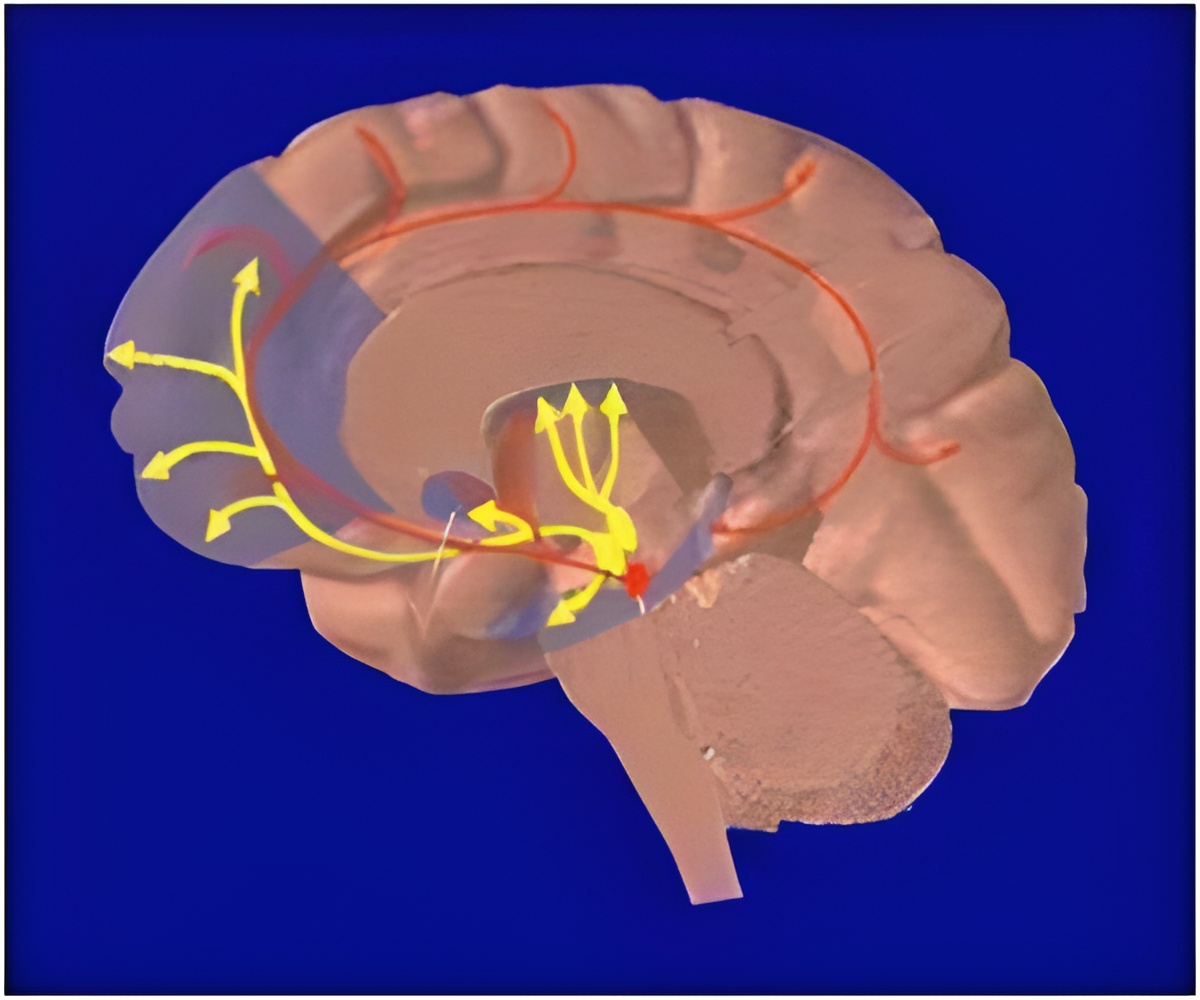
"Our findings move us closer to understanding how the organization of our brains sets us apart from other species and provides such a rich internal playground for us to think freely and creatively," lead author Alex Schlegel, a graduate student in the Department of Psychological and Brain Sciences, said.
"Understanding these differences will give us insight into where human creativity comes from and possibly allow us to recreate those same creative processes in machines," he said.
Scholars theorize that human imagination requires a widespread neural network in the brain, but evidence for such a "mental workspace" has been difficult to produce with techniques that mainly study brain activity in isolation.
Dartmouth researchers addressed the issue by asking: How does the brain allow us to manipulate mental imagery? For instance, imagining a bumblebee with the head of a bull, a seemingly effortless task but one that requires the brain to construct a totally new image and make it appear in our mind's eye.
In the study, 15 participants were asked to imagine specific abstract visual shapes and then to mentally combine them into new more complex figures or to mentally dismantle them into their separate parts. Researchers measured the participants' brain activity with functional MRI and found a cortical and subcortical network over a large part of the brain was responsible for their imagery manipulations.
Advertisement
The findings are published in the Proceedings of the National Academy of Sciences.
Advertisement











